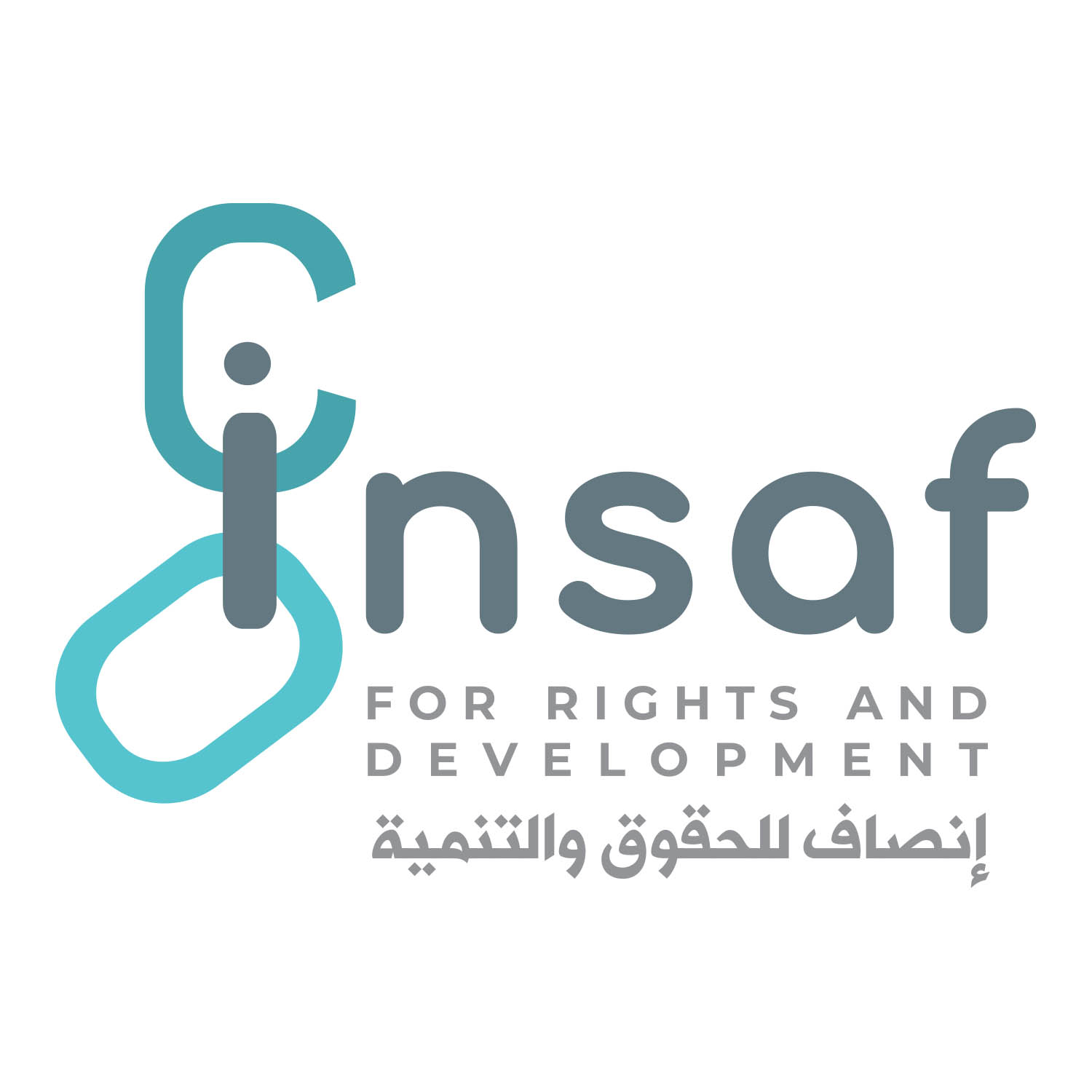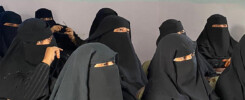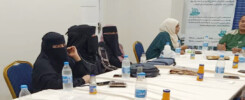“I used to feel proud walking around the neighborhood in military uniform, but later I saw death with my own eyes, and I saw my childhood slipping away…”
That’s how Mohammed (a pseudonym), a 15-year-old boy, recounts his journey from the school bench to military trenches, where his small dreams turned into a pain far greater than his age.
A Childhood Without Support
In a modest neighborhood in Sheikh Othman District, in the interim capital of Aden, Mohammed grew up deprived of a father’s warmth, as death claimed his father early on. All that was left was a grieving mother struggling to raise her five children on a pension of no more than 36,000 Yemeni riyals.
His mother used to sell potatoes and madrabish (a type of fermented bread) in the markets, while Mohammed clung to his simple dream of continuing his education. But he dropped out in the ninth grade, overwhelmed by the hardship and exhaustion he saw his mother enduring.
A Passion Broken by Guns
One evening, Mohammed overheard some neighborhood boys talking about “joining the military” and how it brought respect and salaries. He responded to the invitation of a local youth and enrolled in the Third Support and Reinforcement Brigade in Bir Ahmed, under the leadership of Nabil Al-Mashoushi.
And so, Mohammed left behind his notebooks and textbooks, replacing them with a rifle slung over a shoulder not yet fully grown, thus beginning a mysterious journey into the unknown.
Camps That Know Nothing of Childhood
Mohammed says:
“I joined the Third Support and Reinforcement Brigade with a salary of 500 Saudi riyals. The brigade was established in 2016 as part of the restructuring of the Security Belt Forces under the Southern Transitional Council. It is based in the interim capital Aden and parts of Abyan Governorate.
The brigade is currently led by Brigadier General Nabil Al-Mashoushi, known for his active role in enhancing the brigade’s readiness. In January 2025, the Chief of Staff of the Southern Ground Forces visited the brigade’s headquarters in Bir Ahmed, praising the high combat readiness and commitment to training plans, and stressing the importance of overcoming challenges while valuing the sacrifices made in confronting Houthi militias and terrorist organizations.
In addition to its military duties, the brigade contributes to humanitarian support. In July 2024, it provided a medical shipment to Modia Hospital to combat a cholera outbreak, including IV fluids and medical supplies in response to appeals from local authorities and medical staff.
In short, the Third Support and Reinforcement Brigade is a cornerstone in counterterrorism efforts and security reinforcement in southern Yemen, with a commitment to continuous training and humanitarian support.”
“We used to wake up at 3 a.m. for shooting drills and military training, and we only went home on Thursdays—sometimes not at all. After training, we would work full months on duty or be deployed to Abyan.”
The harshness and military discipline gradually stripped away Mohammed’s childhood, replacing his innocence with the behavior of adults and illusions of early manhood.
The Prestige of the Gun, the Collapse of the Soul
Mohammed continues:
“Sure, I felt proud walking through the neighborhood in uniform, but in the camp I learned to chew qat to stay awake, and I saw people lose their arms and legs, and many died… I was deeply affected and started to hate the military life.”
A Mother Resisting Fate
Mohammed’s family consists of five siblings. His older brother joined the military, while his two sisters were forced to work—one in nursing and the other at a photo studio. Meanwhile, their mother endured her fear in silence, hurting every time she saw her children stray from a normal life.
A Window of Hope
Finally, the mother chose to reclaim her motherhood. She took Mohammed to the Environment and Development Foundation, where he attended awareness sessions with Mr. (F.Q).
Mohammed says:
“After three sessions, I started to feel relieved and began thinking about going back to school. I realized that being in the military at this age isn’t right… I stayed away from the camp for two or three months and went back to working on a rented minibus that my mother arranged for me.”
Dreams on Hold
Despite his early maturity, Mohammed is still a child at heart, wishing to return to school and study engineering. But reality is harsher than his dreams, and the minibus he drives on rent only takes him further into exhaustion.
“I wish I could go back to school and study engineering… If I had my own minibus, at least I could help my mom and sisters.”
A Tragedy That Repeats
Mohammed’s story is not an exception but one of thousands of painful stories of Yemeni children whose dreams were stolen by war.
According to UNICEF reports, more than 11,000 children have been killed or injured since the escalation of conflict in 2015, and many have become fuel for combat zones, knowing nothing of life except rifles, training, and camps.
A 2022 report by the organization indicated that 3,774 children were killed and over 7,200 injured, some with permanent disabilities, in dire humanitarian and economic conditions, with over 80% of the population in urgent need of assistance.
Previously documented cases show that 70% of child recruitment occurs in areas like Aden, Lahj, Sana’a, Amran, and Hodeidah — a blatant violation of international conventions signed by Yemen, including the Convention on the Rights of the Child, which deems anyone under 18 as illegitimate for participation in armed conflict.
Return, Not Death
Mohammed didn’t die, but he left childhood too early and may only return to it too late.
His story is a painful reminder that war does not only kill with bullets, but by stealing dreams, distorting innocence, and turning childhood into a fragile shadow wandering among military camps.
Saving Mohammed and others like him doesn’t just require aid — it requires a brave humanitarian decision to end child recruitment and return childhood to its rightful place: the classroom, not the battlefield.




